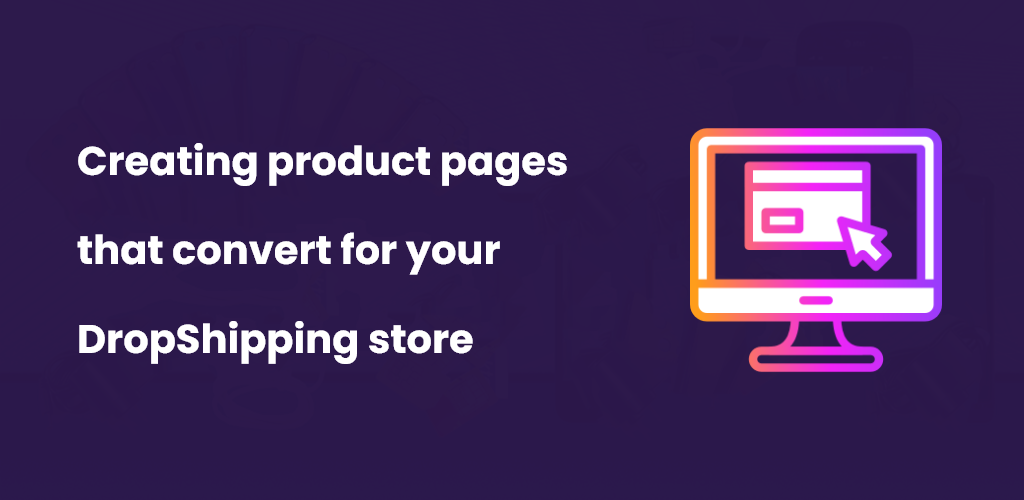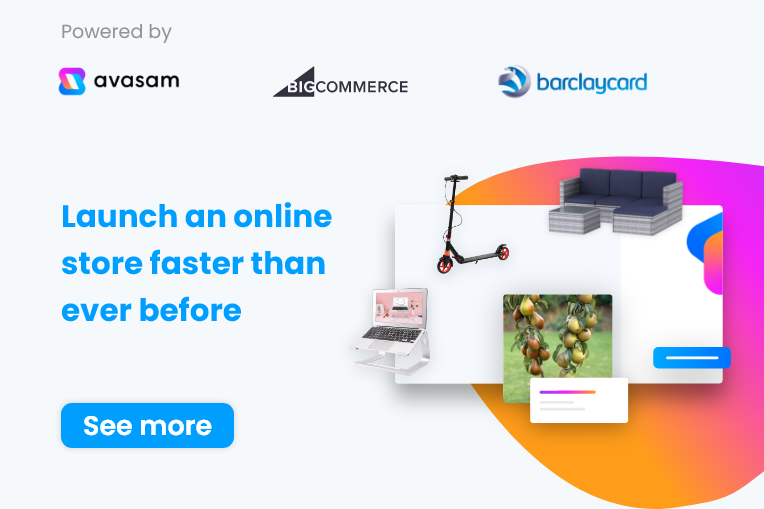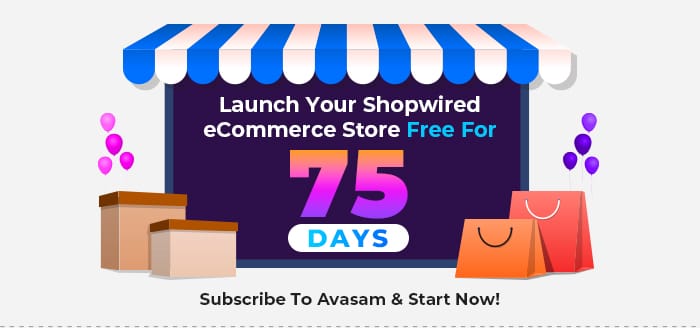Creating product pages that convert for your DropShipping store
Great product pages are an essential part of setting up your DropShipping store if you are to convince customers to buy from you, rather than going to a marketplace. It isn’t just about having a website that looks attractive, your content needs to be clear, concise, and convincing, while containing all the information that a customer will be looking for before they make their purchase. Let’s take a look at what you absolutely must include on your product pages.
Must haves for product pages
There are millions of websites that aim to encourage customers to convert – that is, to place a paid order – many of the most successful ones have certain elements in common. To save you the research, we’ve rounded up these elements that are absolute must haves for a product page here.
- A short but descriptive product name that adequately describes the item
- A full product description including relevant keywords
- Several clear images of the item (from multiple angles)
- Several images with enlarged, or zoomed in views of the item
- Price of the product and the shipping cost (if you’re charging for that separately)
- Product variations (such as size and colour, if you’re selling t-shirts for example)
- The number of items for that product that are available in your inventory
- An add to cart button and a confirmation popup when an item is added to cart
While these are the absolute basics, they won’t bring you sales alone. There are other aspects to your pages that can help you to sell more from your product pages, which we will look at next.
Our top tips for creating pages that convert
At Avasam, we’ve got a huge wealth of experience working with eCommerce businesses –and if you add up all the experience of all our team members, we’ve got decades of experience in the industry! These are the most successful ways of making your product pages work well for you.
Eliminate clutter
Remember those horrible, cluttered pages from the late 1990s that had flashy banner ads and videos everywhere? There’s good a reason that they fell out of fashion. Not only were they incredibly annoying, the less visually busy a page is, the easier it is for customers to concentrate on their purchase, to find the information that they need, and to make their decision as to which product is right for them. That means that you need to use plenty of white space around the product images, and use an unfussy font that is clear and easy to read.
Use photos and videos
A picture speaks a thousand words, and a video speaks millions! Particularly when you’re selling products that are unusual, or have several ways that they can be used, a video is often much more valuable for answering questions that customers have. If you’re putting together a product video, you don’t necessarily need fancy equipment – you can make short clips with your phone, and edit using free video software for your mobile, and using stock video to make it look great.
Include product reviews
We recently wrote about how to collect more product reviews, and your product pages are just one of the places that you’ll want to share reviews. While you don’t have to – especially if you’re just growing your business and you haven’t collected many yet – if you have them, it is definitely worthwhile doing so. That social proof is going to convince other customers to buy your product! Even if you only have reviews that are positive about your service, it is worth putting them on your page. Be sure to link to the original review, especially if it was on Trustpilot or similar.
Write product descriptions for your target customer
Your product descriptions need to speak clearly to your target customer – and no, your target customer isn’t “everybody”, no matter how versatile the product is! Use language that your target customer would, keep sentences short, use bullet points, and divide information into sections with subheadings, so that it is easy to scan and find the right information.
If you aren’t great a writing product descriptions, use a writer, or ask someone to edit for you. Be very wary of using AI tools, since (currently) Google has shown that it marks AI content as spam, and your domain rank may drop back to zero. That means your website won’t be shown anywhere on search results.
Make everything crystal clear
The second a potential customer has doubts about something, you’re likely to lose them – they’ll go to Amazon or eBay instead. To lose them at the point that they’ve found your website is a tragedy!
The best way to make sure everything is super clear is to get someone to read your content, and if they have any questions at all, make sure to answer those questions in your content. If there are commonly asked questions across more than one product, put them on your FAQ page, and link to it from your product pages.
Don’t forget about customers with disabilities
There are 14.6 million people in the UK that have a disability, and there will be significantly more people than that who have difficulties using websites and use assistive technology to access them. That means making sure you follow web accessibility guidelines, so that customers with disabilities can easily find the information they need. Can you afford to lose 14.6 million potential customers? Nope, we didn’t think so.
However you choose to style your website, creating your product pages with these guidelines in mind will help you to convert more customers than ever. Since including the right information really is the difference between making a sale and losing a customer, get it right. You’ll need the right products too, and if you’re expanding your inventory or looking to scale your existing retail business – or maybe you’re starting a new one – get your free Avasam account to start sourcing from verified suppliers today.








DropShip products from verified suppliers to diversify your inventory and scale your eCommerce business